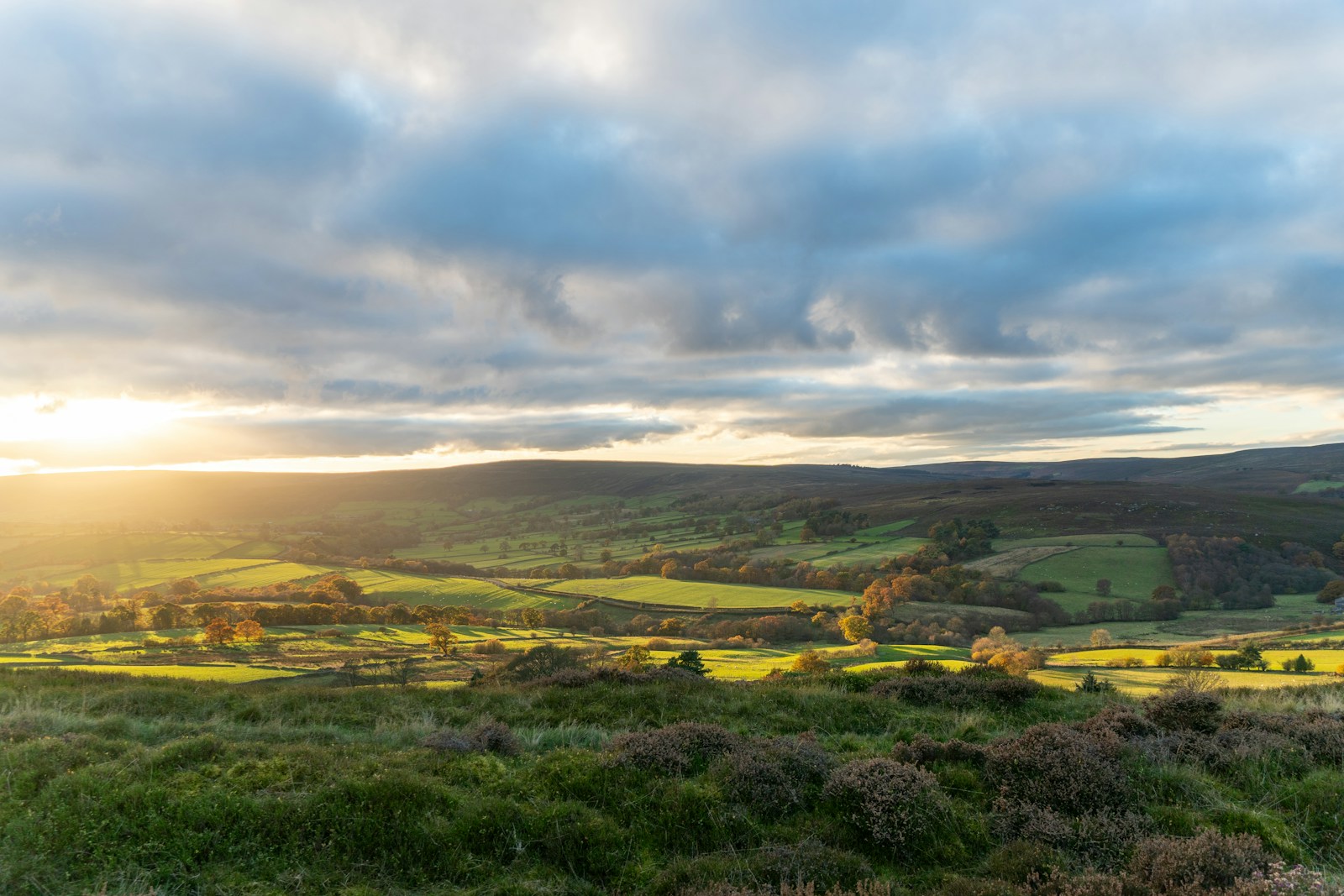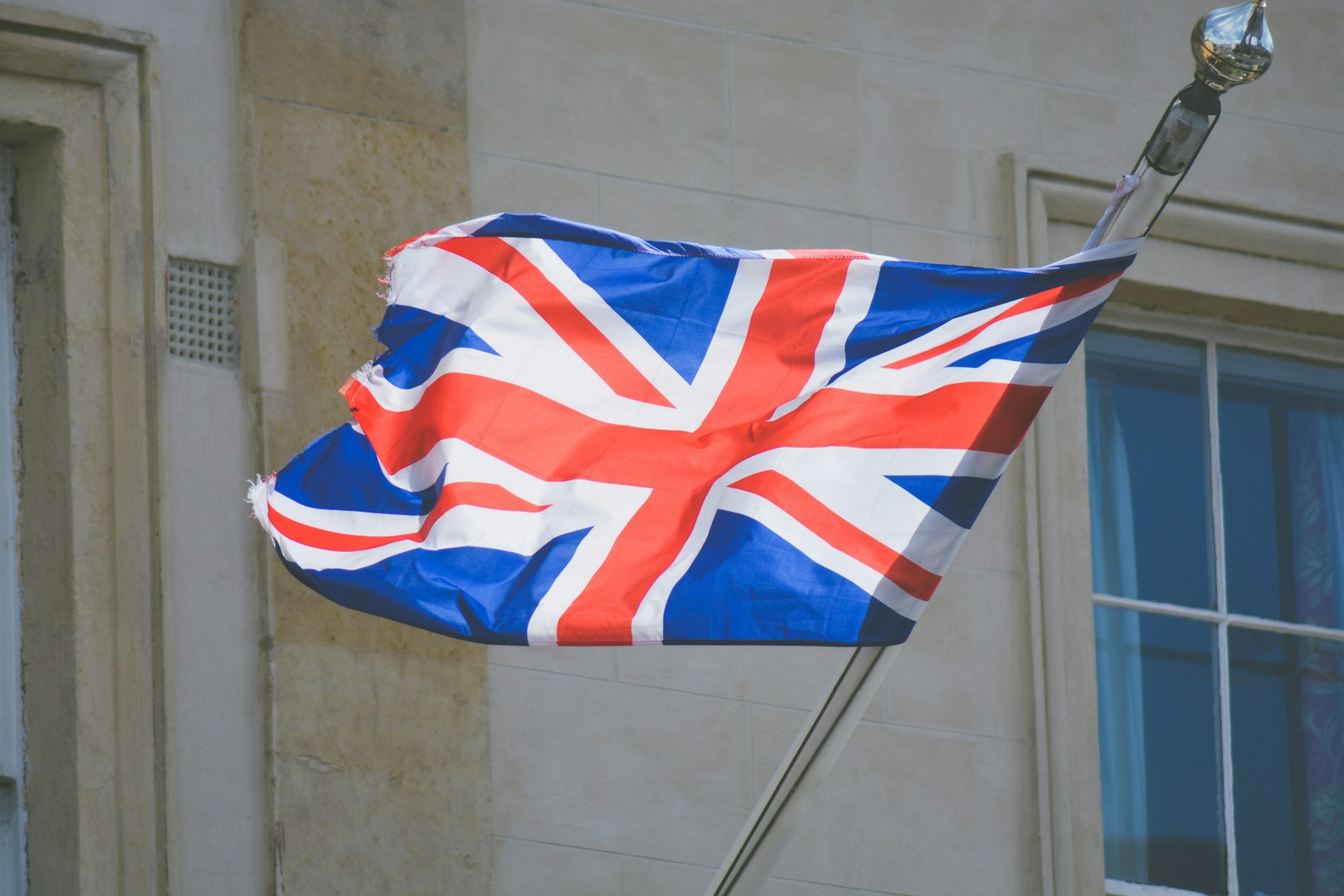
Exploring the Charm of Regional Accents in British Television
When we think of British television, a tapestry of vibrant characters and unforgettable stories come to mind. However, one aspect that often takes a backseat in discussions about our favorite shows is the regional accents that bring those characters to life. Accents add depth, authenticity, and a sprinkle of humor that makes our beloved characters memorable. Let’s take a scenic tour through the British TV landscape, highlighting characters that showcase the richness and diversity of regional accents across the UK.
The Importance of Accents
Accents are more than just ways of pronouncing words; they reveal a character’s background, culture, and sometimes even their personality. A well-crafted accent can make a character feel more relatable and grounded, while also adding layers to the story being told. It can be a powerful tool for storytelling, allowing audiences to connect with characters on a more profound level.
Yorkshire: The Heart of the Dales
Starting our journey in the north, Yorkshire accents have made waves in British television. Characters from the region often come with a sense of humor, warmth, and a touch of grit.
David Bradley as William “Billy” Cartwright in “This Is England”
Few characters embody the Yorkshire spirit like Billy Cartwright. Played by David Bradley, Billy’s accent is a masterclass in authenticity. Hailing from the fictional town of Sheffield, his manner of speaking reflects not just the phonetics but also the cultural nuances of the area. With his quick wit and sharp observations, Billy brings a unique flavor to the story, making him an unforgettable character.
Sarah Lancashire as Catherine Cawood in “Happy Valley”
Catherine Cawood, portrayed by Sarah Lancashire, is a no-nonsense police sergeant whose accent is as sharp as her investigative skills. The West Yorkshire accent is rich with character, and Lancashire’s portrayal captures the essence of the region. Her accent is a crucial part of her character, adding layers to her stern yet compassionate personality.
Cockney: The East End Charm
Moving south, we encounter the delightful Cockney accent, synonymous with London’s East End. It’s a dialect filled with slang, rhymes, and a certain playful charm.
David Jason as Del Boy in “Only Fools and Horses”
No discussion of Cockney accents would be complete without mentioning the iconic Del Boy, played by David Jason. His accent oozes charm and charisma, making him one of television’s most beloved characters. The way Del Boy interacts with the world, often using cheeky slang and clever turns of phrase, showcases the beauty of the Cockney dialect and its cultural significance.
Kathy Burke as Linda in “Gimme Gimme Gimme”
Kathy Burke’s portrayal of Linda in “Gimme Gimme Gimme” is another fantastic example of the Cockney accent in action. Her brash yet lovable character resonates with viewers, and her authentic accent only amplifies her comedic timing. Linda’s distinct way of speaking is both relatable and entertaining, making her a standout character in British comedy.
Geordie: Northern Wit and Wisdom
As we venture further north, we arrive in Newcastle, home to the distinctive Geordie accent. Known for its musicality and unique vocabulary, this accent is often associated with friendliness and a warm sense of community.
Ant and Dec in “Saturday Night Takeaway”
Ant McPartlin and Declan Donnelly, the beloved duo known simply as Ant and Dec, are the poster boys for the Geordie accent in British television. Their warm, friendly banter, coupled with their unmistakable accent, makes them approachable and endearing. Whether they’re hosting “Saturday Night Takeaway” or “Britain’s Got Talent,” their Geordie charm is unmistakable and adds a unique flavor to their shows.
Cheryl in “The Greatest Dancer”
Cheryl, the singer and television personality, has also made waves with her Geordie accent. While she may have transitioned into music, her roots are firmly planted in Newcastle, and her accent reflects that. On shows like “The Greatest Dancer,” her accent adds authenticity and warmth, making her relatable to viewers across the UK.
Welsh Wonders: A Musical Melody
The Welsh accent is another treasure trove of character in British television. Known for its musical quality and lyrical intonation, the Welsh accent adds a unique charm to its speakers.
Paddy Considine as Richard “Richie” McCaw in “The Outsider”
Paddy Considine’s portrayal of Richie in “The Outsider” showcases the beauty of the Welsh accent. His character brings depth to the narrative, and the soft, melodic qualities of his speech add a layer of intrigue. Considine’s ability to blend the accent with his character’s emotional journey offers viewers an authentic experience, demonstrating the power of accent in storytelling.
Scottish Accents: A Brogue Like No Other
Scotland is home to a variety of accents, each bringing its own flavor to British television. From the rolling hills of the Highlands to the bustling streets of Glasgow, Scottish accents capture the heart of the nation.
David Tennant as The Doctor in “Doctor Who”
David Tennant’s portrayal of the Tenth Doctor in “Doctor Who” is often celebrated for its charismatic blend of humor and emotion. His Scottish accent shines through in his performance, providing a unique twist to the iconic role. Tennant’s accent adds to the character’s charm, making him one of the most beloved incarnations of the Doctor.
Karen Gillan as Amy Pond in “Doctor Who”
Not to be outdone, Karen Gillan’s portrayal of Amy Pond also brings a delightful Scottish accent to “Doctor Who.” Her character’s fiery spirit and adventurous nature are perfectly complemented by her authentic accent, making her a fan favorite. The combination of her accent and character traits showcases the authenticity that accents can bring to storytelling.
Conclusion: Accents as Characters
The beauty of British television lies in its ability to showcase a rich tapestry of accents that reflect the diverse cultures and regions of the UK. From the Yorkshire grit to the musicality of Welsh, and the charm of Cockney to the boldness of Geordie, each accent adds a unique flavor to the characters we cherish. These regional accents not only enhance the authenticity of the characters but also connect viewers to the cultural nuances that make British television so beloved around the world.
As we continue to enjoy our favorite shows, let’s celebrate the accents that bring our characters to life, adding depth, humor, and relatability to the stories we love. Next time you watch a British series, pay attention to the accents; you might just find a new appreciation for the craft and artistry behind them!


